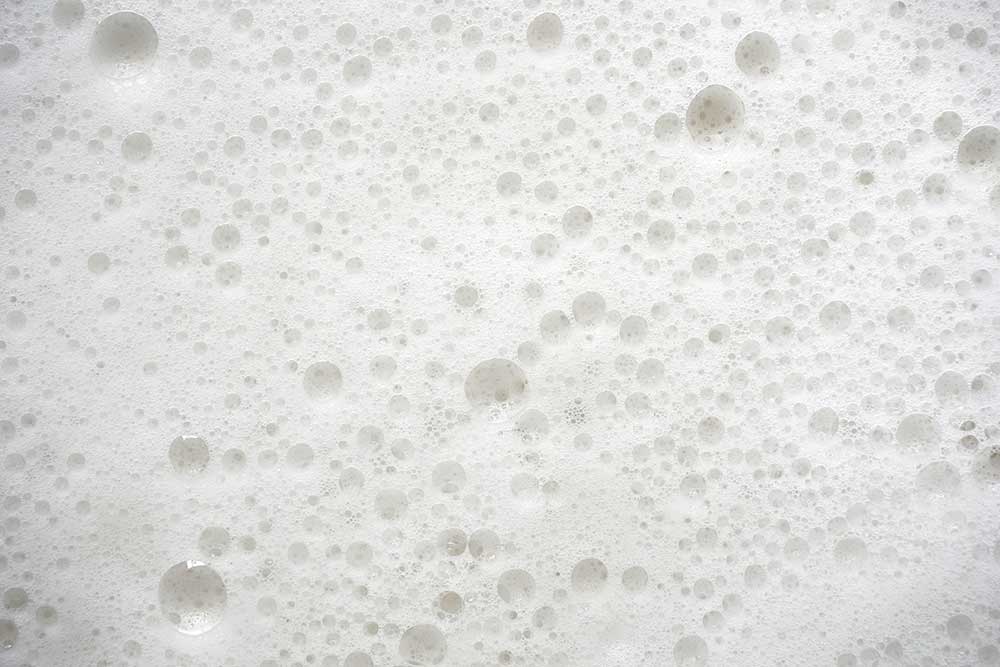Defoamers: Essential Tools for Enhancing Efficiency in Cleaning Products
Defoamers: Essential Tools for Enhancing Efficiency in Cleaning Products
Blog Article
The Role of Defoamers in Enhancing Item Top Quality and Performance
In various producing procedures, the visibility of foam can significantly hinder product top quality and functional effectiveness. Defoamers serve as important additives that mitigate this issue, guaranteeing smoother manufacturing process while enhancing the visual and useful qualities of the last products (defoamers). Their application covers a wide range of industries, from food and drink to pharmaceuticals, where uniformity and dependability are vital. Nonetheless, the choice of the proper defoamer can be vital to achieving ideal results, increasing important concerns about formula compatibility and efficiency metrics that merit more exploration.
Comprehending Defoamers
Understanding the function of defoamers is crucial for preserving item high quality throughout different markets. Defoamers are chemical ingredients made to protect against the formation and minimize of foam in fluid systems, which can detrimentally impact procedures such as blending, filling up, and surface stress. Foaming can result in inadequacies, product issues, and compromised visual allure, making defoamers a crucial part in manufacturing procedures.
In commercial applications, defoamers aid to improve item consistency and security. For instance, in the paint and layers market, foam can hinder the application process and the last finish. In food and beverage manufacturing, too much foam can prevent bottling and packaging efficiency. The effective usage of defoamers not just makes sure smoother production procedures however likewise adds to remarkable product performance.
Additionally, the choice and formula of a defoamer have to align with particular application needs, such as compatibility with various other components, effectiveness under differing temperature level and pH conditions, and potential governing constraints. Ultimately, comprehending defoamers' functions and their importance in numerous solutions is important for enhancing production and guaranteeing the best output.
Kinds of Defoamers
Defoamers can be categorized into numerous types based upon their structure and device of activity. The key kinds consist of silicone-based, non-silicone organic, and not natural defoamers.
Silicone-based defoamers are among one of the most efficient, largely because of their capacity to spread swiftly on the liquid surface and interfere with foam formation. Their special chemical framework permits premium stability, making them ideal for high-temperature applications and settings with differing pH levels.
Non-silicone natural defoamers, commonly made up of fatty acids or natural oils, are valued for their biodegradability and lower poisoning. These are commonly used in food and drink applications where security and ecological influence are extremely important.
Not natural defoamers, that include substances like talc or calcium carbonate, act by increasing the density of the fluid, thereby minimizing foam stability. They are commonly used in industrial processes where compatibility with other materials is not a problem.
Each type of defoamer has distinct benefits and restrictions, permitting tailored remedies relying on the specific lathering problems encountered in numerous applications. Recognizing these distinctions is essential for enhancing performance and accomplishing desired product top quality.
Applications Throughout Industries
Many sectors leverage defoamers to enhance product high quality and functional effectiveness. In the food and beverage market, defoamers are important in procedures such as developing and milk production to stop foam development, which can cause inadequacies and item incongruity. By managing foam, suppliers can ensure better return and a much more uniform item.
In the pharmaceutical market, defoamers play a vital you could try here role in the formula of fluid medications, where too much foam can impede blending and exact dosing. Their use assists keep the stability of the formulations and facilitates smoother production processes.
The paint and coatings industry additionally counts on defoamers to enhance the efficiency of products during application. By reducing foam, these additives make certain a smoother coating and boost the aesthetic top qualities of the last product.

Benefits of Making Use Of Defoamers
While the application of defoamers differs throughout sectors, their benefits continually boost product quality and process efficiency. One considerable benefit is the decrease of foam formation during producing procedures, Go Here which can or else bring about manufacturing hold-ups and variances in product high quality. By reducing foam, defoamers allow a smoother circulation of products, facilitating more effective operations and decreasing the possibility of equipment breakdowns.
Furthermore, the use of defoamers can enhance the appearance and structure of final products. In fields such as finishings, paints, and food processing, excessive foam can endanger the aesthetic looks and overall high quality, while the proper defoamer application makes certain an uniform surface and preferable features. Defoamers can contribute to cost savings by reducing waste during production and optimizing the usage of raw products.

Choosing the Right Defoamer
Choosing the right defoamer is essential for optimizing production procedures and guaranteeing item top quality. The option of defoamer affects not only the efficiency of foam control however additionally the total efficiency attributes of the end product. Elements to consider consist of the type of application, the chemistry of the formulation, and the ecological problems under which the product will certainly be utilized.
Different industries may require certain defoamer kinds, such as silicone-based, organic, or polymeric defoamers. Comprehending the compatibility of the defoamer with the primary active ingredients is vital to avoid adverse responses that can compromise product integrity. In addition, the defoamer's efficiency in numerous temperatures and pH levels need official statement to be evaluated to guarantee constant efficiency.
Checking the defoamer in small applications can give valuable understandings right into its efficiency and suitability. Consideration of governing conformity, specifically in food, pharmaceuticals, and cosmetics, is paramount in picking a defoamer. Eventually, an extensive assessment of these aspects will certainly bring about the choice of a defoamer that not just regulates foam effectively however likewise boosts the high quality and efficiency of the end product.
Verdict

In verdict, defoamers are necessary ingredients that substantially enhance product high quality and performance across numerous markets. By efficiently minimizing foam formation, these agents not only improve functional effectiveness but also contribute to the practical and aesthetic honesty of products. The tactical choice and application of defoamers result in set you back financial savings, enhanced source use, and increased client fulfillment. Generally, the importance of defoamers in commercial processes can not be overemphasized, as they play a vital duty in accomplishing premium and consistent results.
Frothing can lead to inadequacies, item defects, and endangered aesthetic charm, making defoamers an essential part in producing operations.

Report this page